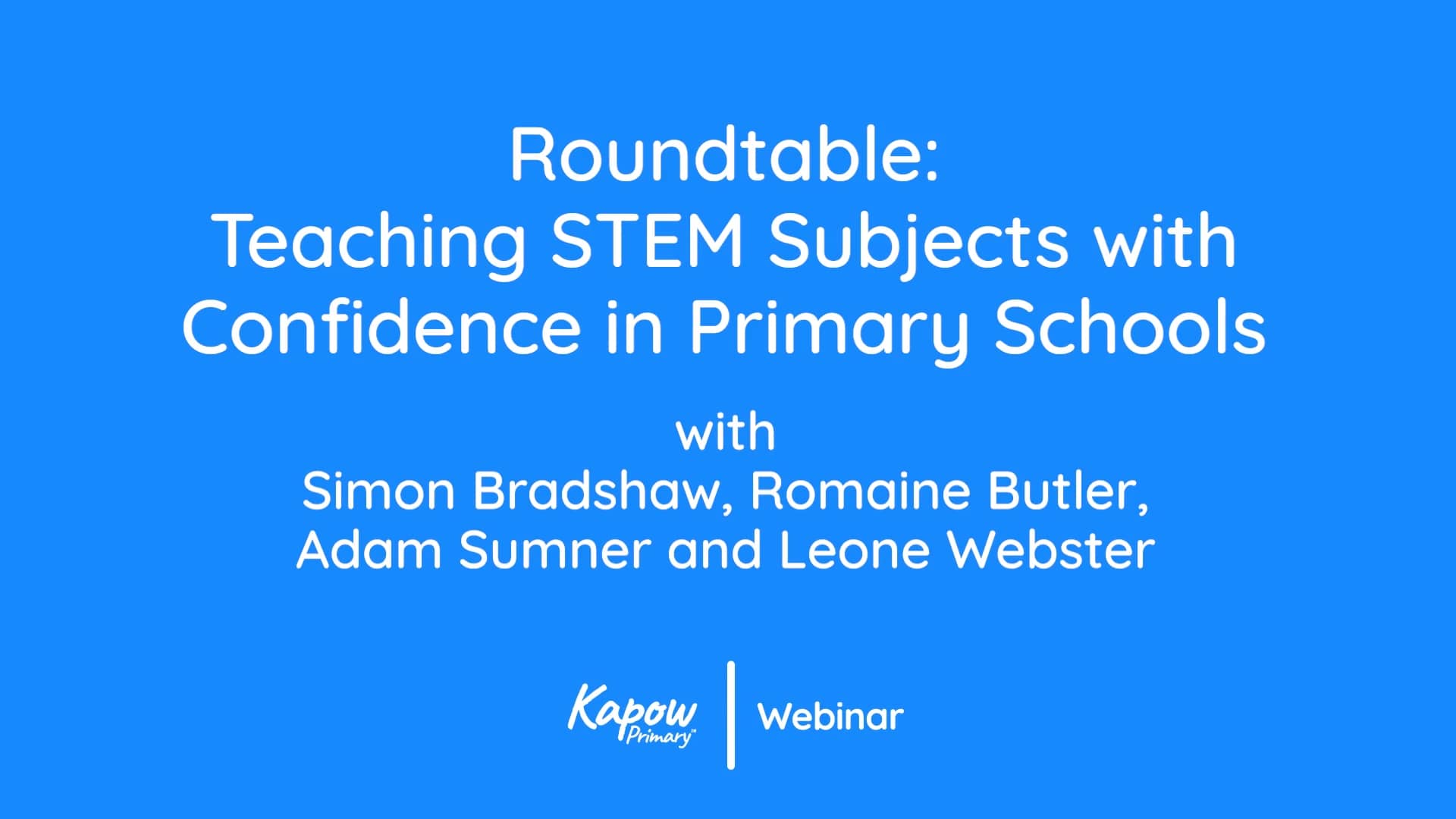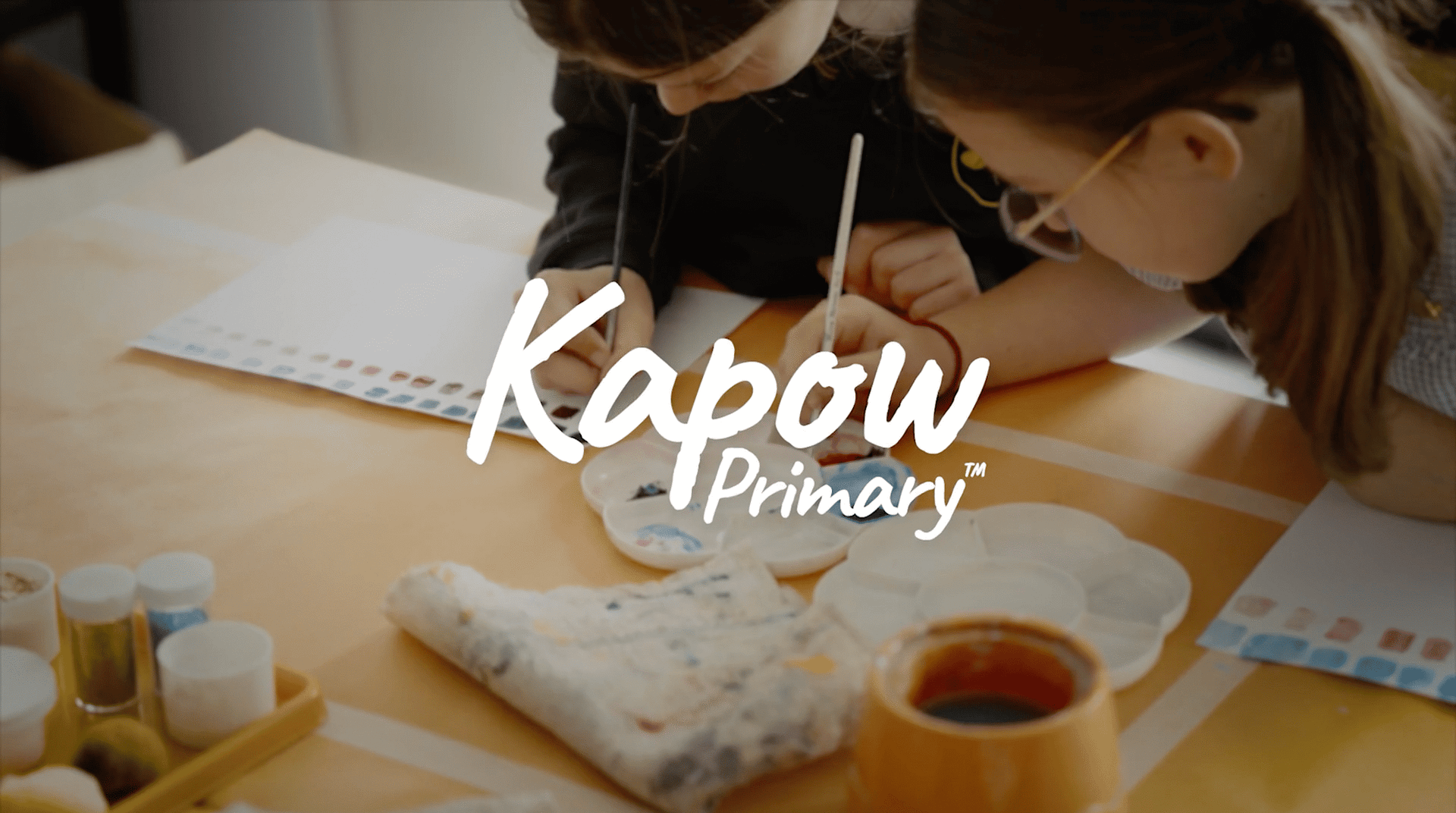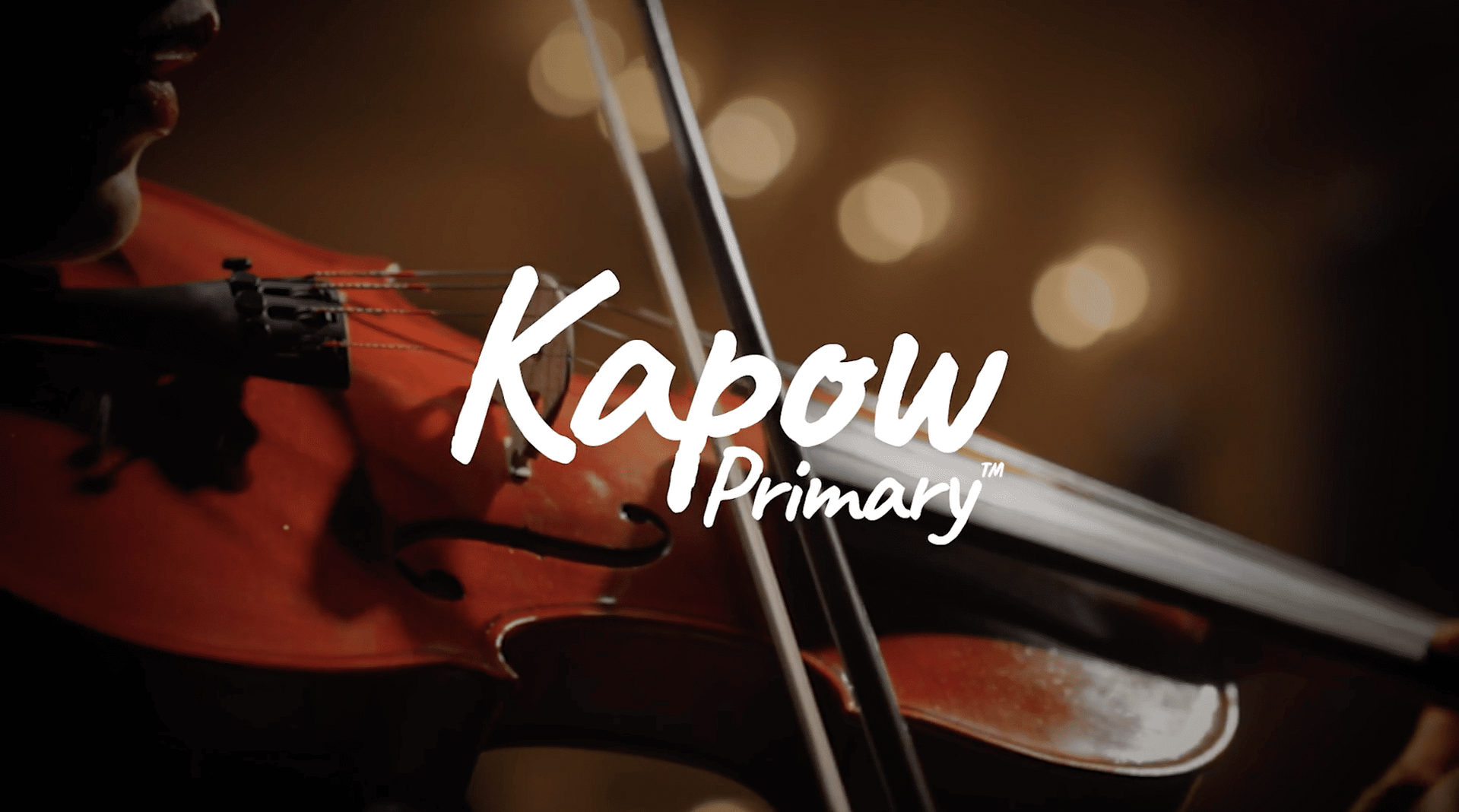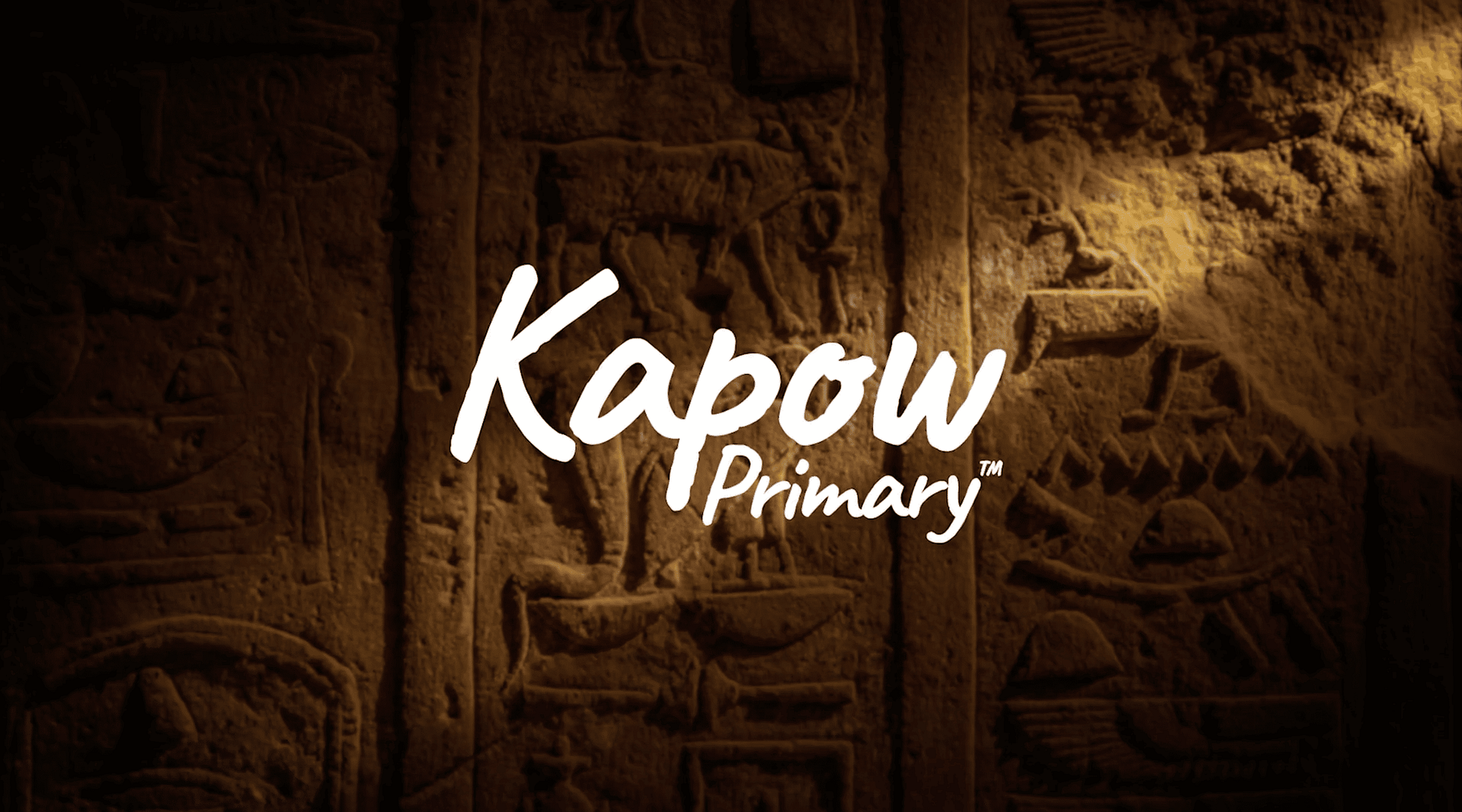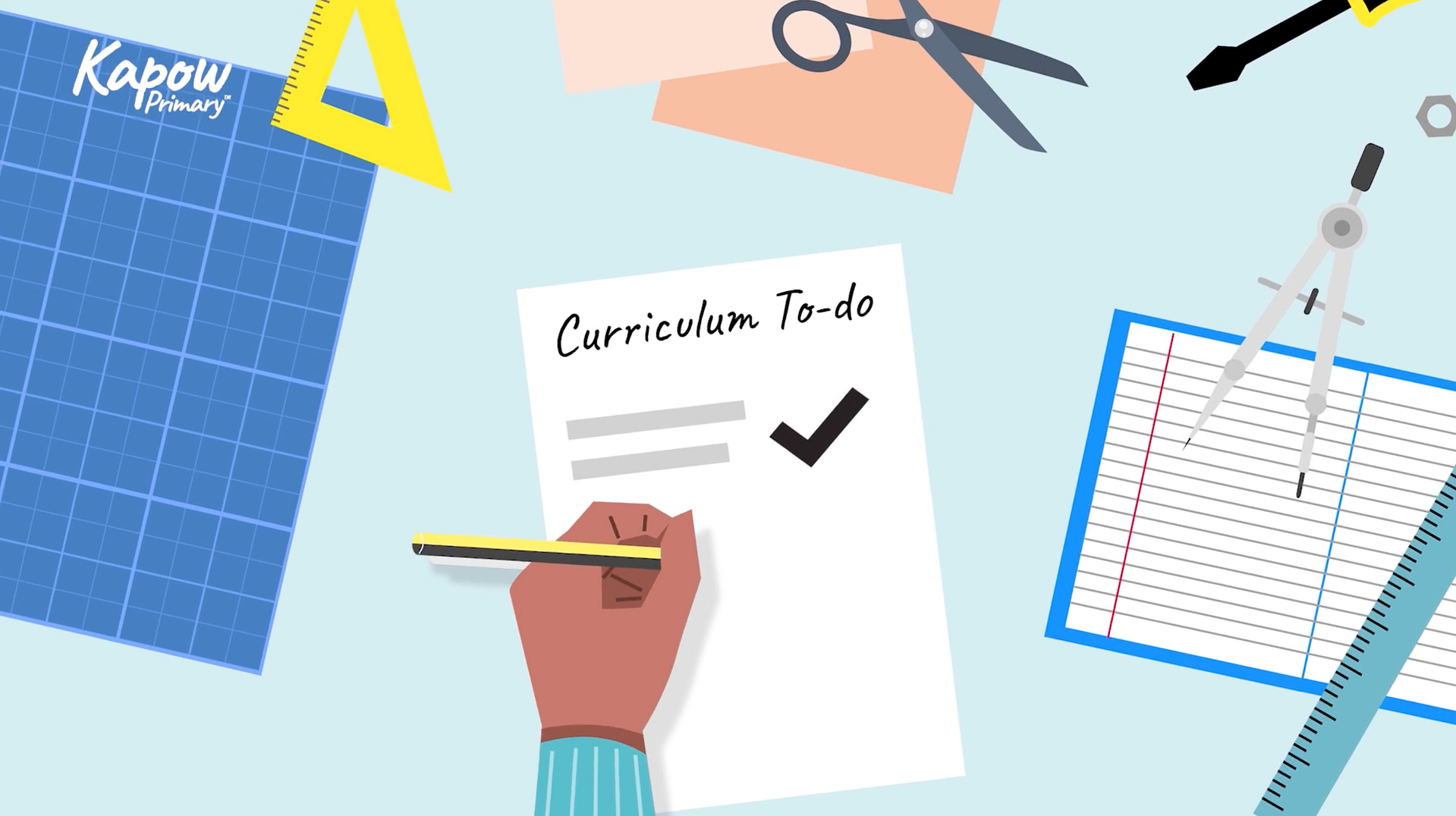Watch this webinar to discover strategies for improving Computing, D&T, and Science teaching while supporting colleagues and raising STEM’s profile in your school. Kapow Primary specialists share practical advice on overcoming confidence barriers, effective teaching techniques, collaboration, assessment, and ready-to-use resources. Ideal for STEM leads, subject specialists, and class teachers.
year: Year 2
Introducing Science
This video provides an overview of Kapow’s Science scheme of work, designed to support teachers with hands-on activities, engaging experiments, and real-world examples. Our spiral curriculum builds knowledge year after year, with CPD support, easy-to-follow practicals, and fully resourced lessons to inspire young scientists.
Introducing Religion and worldviews
This video introduces our Religion & Worldviews scheme of work, helping pupils explore beliefs, cultures, and ethical issues with curiosity and respect. With engaging lessons, diverse perspectives, and full teacher support, you can teach with confidence.
Introducing RSE & PSHE
This video introduces our RSE & PSHE scheme of work, designed to equip pupils with essential life skills while meeting statutory guidance. The scheme includes age-appropriate lessons, animated videos, and full teacher support to ensure confident delivery.
Introducing Art and design
This video provides an overview of our Art and design scheme of work, helping you teach with confidence while building creativity and skills year after year. Get lesson plans, pupil videos, CPD, and assessment tools – everything you need to inspire young artists.
Introducing Music
This video introduces Kapow Primary’s Music scheme of work, designed to support teachers with engaging lessons, skills videos, and step-by-step guidance. Covering notation, composition, improvisation, and performance, the spiral curriculum helps pupils build confidence and musical knowledge year after year.
Introducing History
This video introduces Kapow Primary’s History scheme of work that builds knowledge, develops critical thinking, and brings the past to life through engaging lessons and teacher support.
Introducing Geography
This video introduces Kapow Primary’s Geography scheme of work, supporting teachers with national curriculum-aligned lessons, CPD, and fieldwork guidance.
Introducing Design & Technology
This video introduces our Design & Technology scheme, designed to bring the design process to life with real-world projects and builds skills progressively. With integrated CPD and fully resourced lessons, teachers gain the confidence to deliver D&T effectively.

